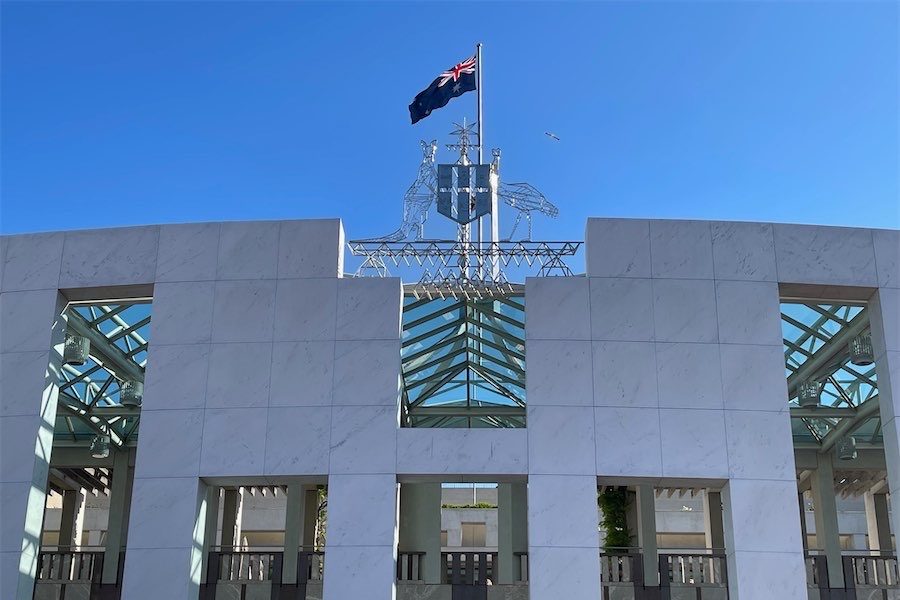
The ACT government has announced an independent review into the over-representation of First Nations people in the justice system.
Last week the latest Productivity Commission Report on Australia’s corrective services again confirmed the ACT’s nation-leading rate for locking up indigenous men and women was the highest in Australia “and possibly in the world”, according to indigenous advocate Julie Tongs.
Ms Tongs, CEO of the Winnunga Nimmityjah health centre, has been lobbying the government for some years for a “comprehensive inquiry, preferably with the powers of a Royal Commission, to inquire into the causes of the over-representation of Aboriginal people in Canberra in touch with the justice system and or incarcerated.”
“An Aboriginal person in Canberra is 24.6 times more likely to be sent to prison in Canberra than a non-Aboriginal person,” she says.
“It is deeply concerning… that not only does the ACT year after year lock up Aboriginal people at a higher rate than the rest of Australia but that the Aboriginal recidivism rate in the ACT, of more than 90 per cent, is also by far the highest in Australia.”
The independent review will be led by Prof Lindon Coombes, a descendant of the Yuallaraay people of north-west NSW. Prof Coombes leads a distinguished team of First Nations and non-First Nations researchers at the Jumbunna Institute of Indigenous Education and Research, at the University of Technology Sydney.
“The extent of over-representation of First Nations people in the criminal justice system in the ACT is an urgent problem that needs to be addressed,” he says.
“Jumbunna brings together a highly skilled team to conduct this review. We will work closely with the Aboriginal and Torres Strait Islander community in the ACT to develop practical recommendations for the ACT government.”
Prof Coombes says Jumbunna will work closely with First Nations people in the ACT and will engage with those who have lived experience – including young people – of the ACT justice system.
The review’s first report, which is expected in May, will provide an assessment of the ACT’s implementation of the Australian Law Reform Commission’s (ALRC) recommendations in its Pathways to Justice Report – Inquiry into the Incarceration Rate of Aboriginal and Torres Strait Islander Peoples.
The ALRC identified its recommendations as key steps for all Australian jurisdictions to take to reduce First Nations overrepresentation in the justice system.
The review’s final report, which is expected to be delivered late this year, will contain recommendations on additional practical measures that would address the over-representation rates of First Nations people in incarceration in the ACT.
Who can be trusted?
In a world of spin and confusion, there’s never been a more important time to support independent journalism in Canberra.
If you trust our work online and want to enforce the power of independent voices, I invite you to make a small contribution.
Every dollar of support is invested back into our journalism to help keep citynews.com.au strong and free.
Thank you,
Ian Meikle, editor









Leave a Reply